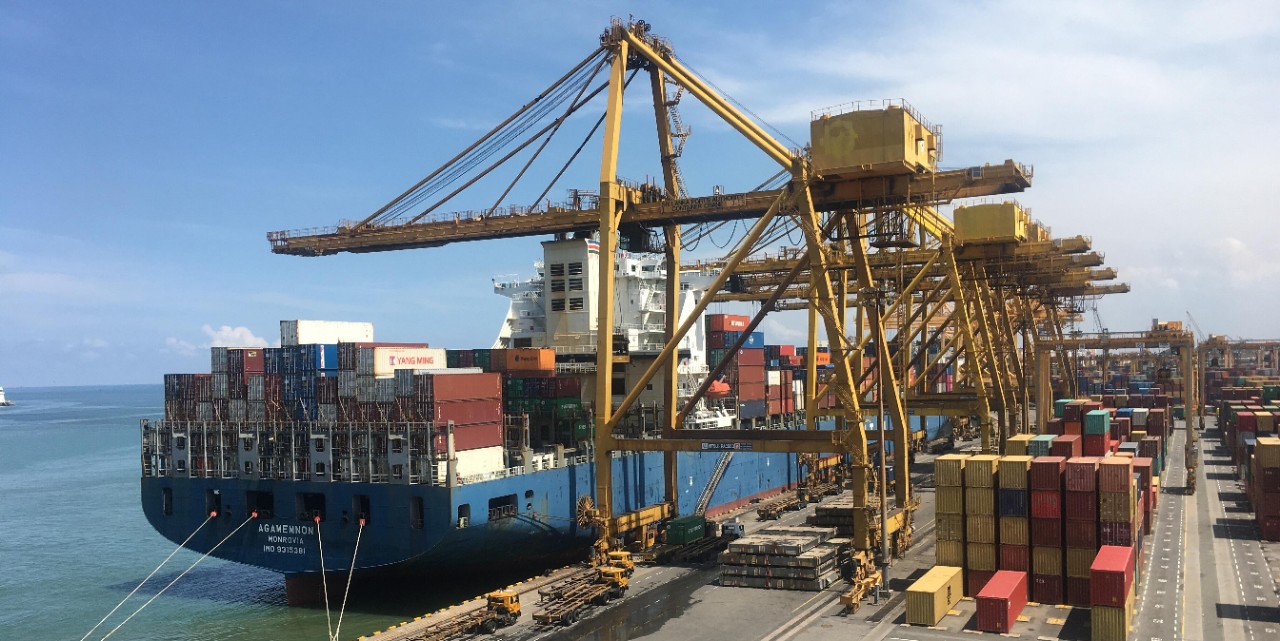While still in recession, Argentina is gradually rebalancing. It successfully achieved the IMF primary deficit target of -2.7% of GDP in 2018 (after -3.8% in 2017). Besides, the four-quarter cumulative current account deficit slightly decreased in Q3 although it still rose as a share of GDP (-6.3%); Q4 should be more encouraging as the four-year high trade surplus (+USD1.4bn) will help rebalancing. Indeed, imports on a rolling 12-month basis continued to contract; in December they stood at their lowest level since 2010. And we expect exports to pick up this year. More effort is needed on inflation which is still high. Consumer price growth has started to decelerate, to +2.8% m/m in December down from a high of +6.4% m/m in September. In y/y terms, this translated into the first decline in inflation (to 47%, down from 47.8%) since October 2017. Lastly, FX reserves are being managed more carefully; they stand at USD66.5bn after the second IMF disbursement, i.e. USD20bn above last September’s trough.
















